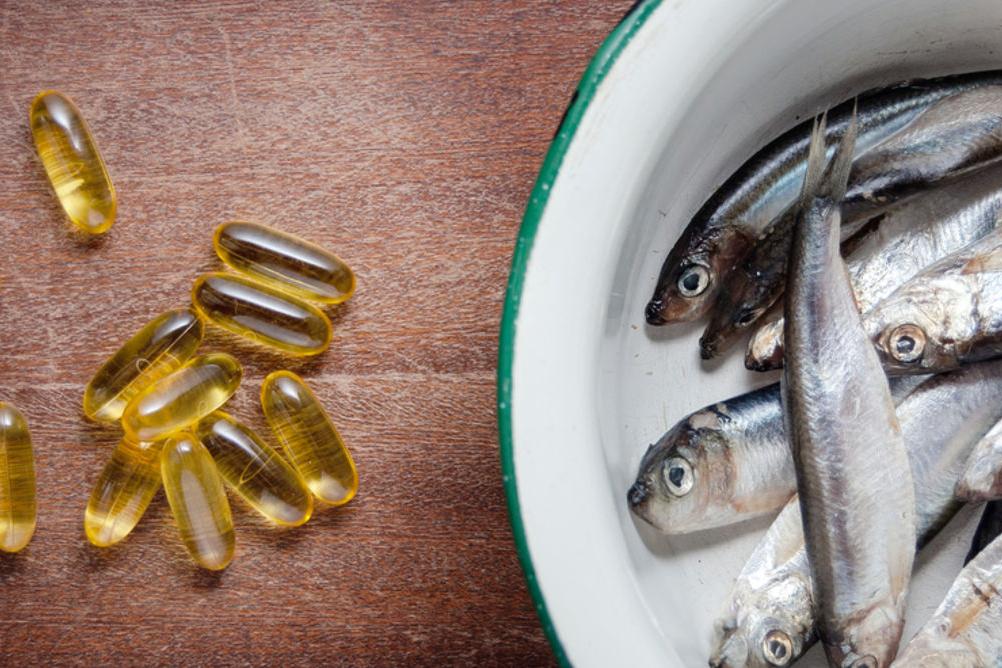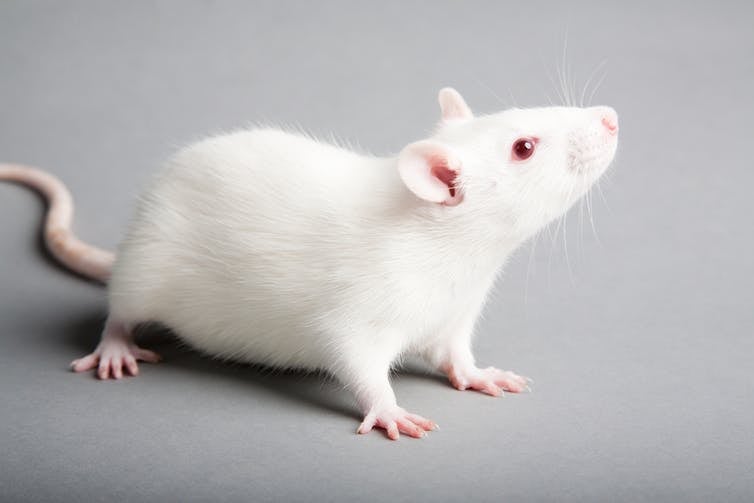For better gut bacteria, eat more oily fish
A study of middle-aged British women shows that omega-3 has beneficial effects on gut health

Your support helps us to tell the story
From reproductive rights to climate change to Big Tech, The Independent is on the ground when the story is developing. Whether it's investigating the financials of Elon Musk's pro-Trump PAC or producing our latest documentary, 'The A Word', which shines a light on the American women fighting for reproductive rights, we know how important it is to parse out the facts from the messaging.
At such a critical moment in US history, we need reporters on the ground. Your donation allows us to keep sending journalists to speak to both sides of the story.
The Independent is trusted by Americans across the entire political spectrum. And unlike many other quality news outlets, we choose not to lock Americans out of our reporting and analysis with paywalls. We believe quality journalism should be available to everyone, paid for by those who can afford it.
Your support makes all the difference.Having lots of different types of bacteria in your gut has many health benefits, including a lower risk of diabetes, obesity and inflammatory bowel disease. So finding ways to increase the number and diversity of good bacteria in your gut is important.
Up until now, the focus has mainly been on increasing fibre intake, as gut bacteria are known to thrive in people who have high-fibre diets. But we have found another way to boost your gut bacteria: eat more fish or take omega-3 supplements.
We know that omega-3 fatty acids are good for our health and omega-3 supplements are often used to help people with conditions such as arthritis, heart disease and skin problems. We wondered if omega-3 might also be beneficial for the good bacteria that live in our gut, as some studies in mice have already suggested.
To test this idea, we asked 876 middle-aged women in the UK about their diet and the supplements they took regularly. From this information we computed how much omega-3 they were taking. We also took a blood sample and measured how much omega-3 they actually had in their blood. This is more accurate than just asking them how much fish they eat and about supplements.
The participants also provided us with a stool sample. This allowed us to measure the types of bacteria and biochemical compounds in their guts.
Anti-inflammatory substances
We found that people with higher levels of omega-3 in their blood, regardless of whether they ate fibre or not, had a greater variety of bacteria in their gut. This in itself indicates a healthier gut. Not only that, these people also carried more “good” bacteria in the gut. These are types of bacteria that have already been found by other scientists to relate to lower inflammation and lower risk of gut diseases, such as colitis. Those bacteria are known to produce substances that prevent inflammation in the colon, in particular a substance called butyrate.

So, could it be that omega-3 makes bacteria in the gut produce other substances that are particularly good for us? To test this idea, we looked at the biochemical compounds present in the stool samples. We found three compounds that tracked the omega-3 in the participants’ blood or their diet. These three chemical compounds were (not surprisingly) omega-3 itself, a compound derived from fish flesh and a compound called “n-carbamyl glutamate” (NCG).
NCG was also higher in people with more of the good anti-inflammatory bacteria. In other scientific studies, feeding NCG to pigs or rats resulted in them having healthier guts, with lower inflammation and lower damage due to free radicals.
What we think is happening is that when people eat fish oil (either because they eat fish or because they take supplements) the omega-3 gives a fillip to the anti-inflammatory bacteria that produce butyrate. But also omega-3 helps bacteria produce NCG, which in turn has other benefits in the gut that have been seen in animals.
Because we want to know exactly how much omega-3 is necessary to improve the gut bacteria and how this compares to the benefit of fibre, we are starting a new investigation giving specific doses of omega-3 or fibre to healthy volunteers, which is all part of improving our health through what we eat.
Ana Valdes is an associate professor and reader at the University of Nottingham. This article was originally published on The Conversation (www.theconversation.com)
Join our commenting forum
Join thought-provoking conversations, follow other Independent readers and see their replies
Comments